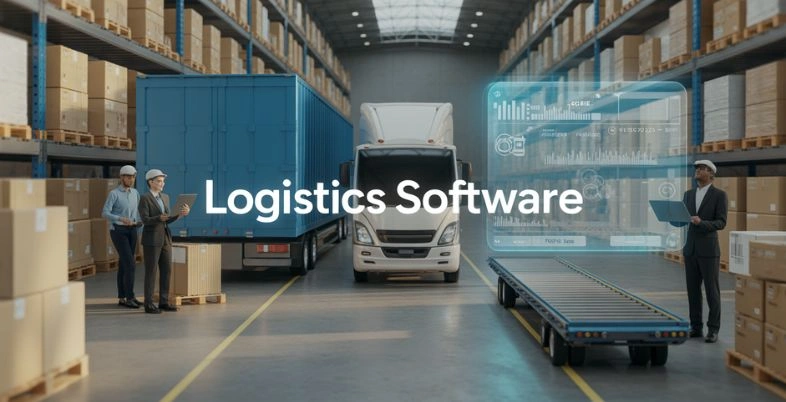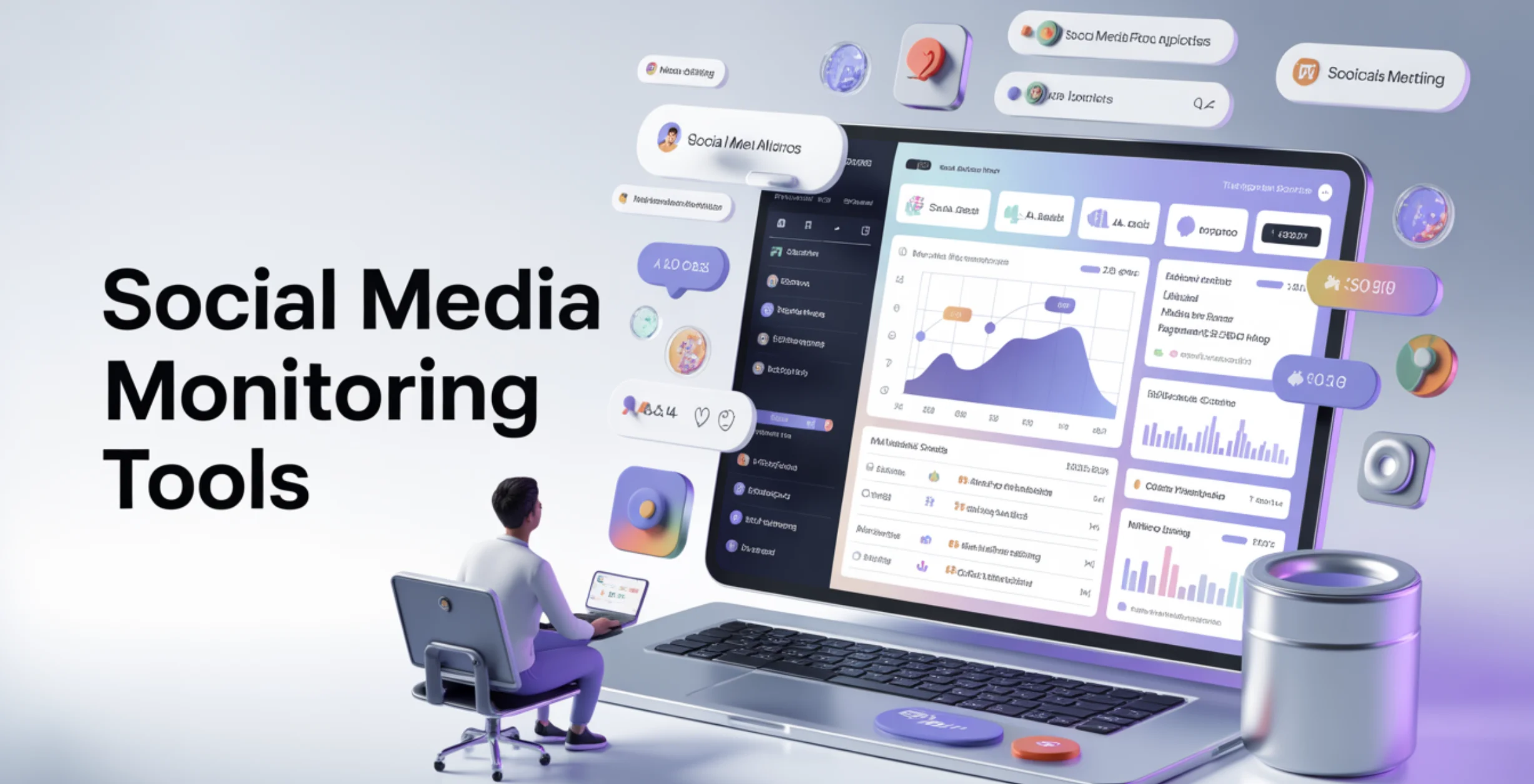What factors contribute to India being a center for multinational corporations (MNCs)? India has ended up becoming a critical choice for worldwide companies due to its unending talent pool, rapidly developing economy, and solid IT infrastructure. In later years, there has been a creating trend of multinational organizations setting up trade operations in India, which has driven an increment in financial advancement and work opportunities in the nation.
According to a later report, multinational enterprises contribute more than 30% of the country’s total to foreign direct investment, with the IT-BPM industry alone employing over 4.5 million people. These companies bring in progressed technologies, creative practices, and significant investment, driving improvement over different sectors. India has built itself as a major player in the worldwide business field, pulling in multinational corporations from diverse businesses to set up and amplify their operations in the nation.
In this blog post, we’ll look at the effective multinational corporations in India that have set up their presence in the Indian market.
What are Multinational Companies?
Multinational companies (MNCs) are large organizations that conduct commerce operations in different nations. Ordinarily, they have a headquarters in one nation, frequently where the company was set up, and operate subsidiaries, affiliates, or branches in other countries. MNCs are influential in the worldwide economy due to their capacity to function on an international scale, taking advantage of different markets for production, assets, and talent. These companies can optimize their operations by producing goods where costs are lower, selling them where demand is higher, and spreading risks across distinct regions.
Top MNCs in India also bring advanced technologies and management practices to the nations they operate in, often driving innovation and economic growth. However, they must navigate diverse regulatory environments and cultural differences, which require flexibility and strategic adaptation. Overall, MNCs play a noteworthy role in shaping global trade, investment flows, and economic development.
India as a Hub for MNCs
- Large Consumer Market: India incorporates a tremendous and creating consumer base, making it an engaging market for MNCs looking to extend their global impression.
- Economic Growth: India’s solid and dependable financial advancement gives a steady environment for MNCs to contribute and develop their operations.
- Skilled Workforce: India offers a significantly skilled and educated workforce, particularly in areas like innovation, planning, and administration, which is imperative for MNCs.
- Cost Advantages: India’s relatively lower labour costs empower MNCs to optimise their operations and increment productivity while maintaining high standards of quality.
- Favourable Government Policies: The Indian government offers different incentives and has implemented changes to make it easier for outside companies to do trade in India, such as easing FDI controls.
- Strategic Location: India’s topographical area offers MNCs a vital base for accessing markets in Asia, the Middle East, and beyond.
- Strong IT Infrastructure: India’s vigorous IT infrastructure supports MNCs in building up and expanding their mechanical capabilities and advanced transformation efforts.
- Diverse Industry Presence: MNCs in India span different sectors, including innovation, fabricating, pharmaceuticals, automotive, and consumer goods, leveraging the country’s diverse mechanical ecosystem.
- Innovation and R&D: Numerous MNCs have established research and development (R&D) centres in India, capitalising on local ability to drive development and create new products.
- Cultural Compatibility: India’s social diversity and flexibility make it simpler for MNCs to coordinate and work within particular regions, improving their worldwide reach.
Top Multinational Companies In India
| Company Name | Industry | Revenue (FY 2023) | Headquarters in India |
|---|---|---|---|
| Microsoft | Technology | $211.9 billion | Hyderabad, Telangana |
| Technology | $282.8 billion | Bengaluru, Karnataka | |
| IBM | Technology | $60.5 billion | Bengaluru, Karnataka |
| Apple | Technology | $394.3 billion | Bengaluru, Karnataka |
| Amazon | E-commerce, Technology | $513.0 billion | Bengaluru, Karnataka |
| Samsung | Electronics, Technology | $236.8 billion | Noida, Uttar Pradesh |
| Unilever | Consumer Goods | $67.0 billion | Mumbai, Maharashtra |
| Walmart | Retail | $611.3 billion | Bangalore, Karnataka |
| Coca-Cola | Beverages | $46.0 billion | Mumbai, Maharashtra |
| Nestlé | Food & Beverages | $103.4 billion | Gurgaon, Haryana |
List of Top 10 Multinational Companies (MNCs) in India
1. Microsoft

Microsoft was set up in 1975 by Bill Gates and Paul Allen, the company is based in Redmond, Washington, and is an innovation company that’s trusted globally. Beginning out as a fledgling company providing microcomputers, Microsoft changed the world by bringing the concept of the Windows working system, to the world of personal and business computers.
Over the years of its existence, MS has diversified to other markets such as productivity solutions with MS Office, technology solutions with Azure cloud service, and games with Xbox consoles.
The company has strategically bought some of the leading firms such as LinkedIn, GitHub, and Nuance Communications. Microsoft also has its footprints in artificial intelligence, business solutions, and much more, making it a worthy and important company in the global markets.
Key Features
- Headquarters: Redmond, Washington, USA
- Notable Products: Windows, Office, Azure, Xbox
- Average Salary: $120,000 per year
- Global Presence: Over 100 countries Focus on AI and enterprise solutions
2. Google

Established in 1998 by Larry Page and Sergey Brin, Google initially existed as a result of investigating work done by two PhD students at Stanford University. The mission that Google set for their company was to “organize the world’s data and make it generally accessible and useful,” which has resulted in having the most effective search engine in the world today.
Since then, the business expanded to many industries, such as advertising (Google Ads), computing services (Google Cloud), and mobile operating systems (Android). Google has its headquarters in Mountain View, California, and is also recognized as one of the Top IT companies in Bangalore, where it has a significant presence. Furthermore, the company dived into the hardware market by producing devices such as Google Pixel and smart home products.
The drive towards innovation at Google is seen in artificial intelligence and through the autonomous vehicle business through Waymo.
Key Features
- Headquarters: Mountain View, California, USA
- Notable Products: Google Search, Android, Google Cloud, YouTube
- Average Salary: $125,000 per year
- Global Reach: Available in over 190 countries Pioneering in AI and cloud services
3. IBM

IBM (International Business Machine Corporation) was created within the year 1911 under the name of Computing-Tabulating-Recording Company (CTR) and after that within the year 1924, it was renamed IBM. IBM is a multinational development and counseling company in Armonk, New York with essential input in the enhancement of computing advancement.
A few of the major products based on modern advances that IBM Corporation has propelled incorporate super and mainframes, quantum computers, artificial intelligence (Watson), and cloud computing organizations. Over the decades, IBM moved gradually from a hardware manufacturing company to a commercial company that oriented on services, large enterprise software, cloud, and artificial intelligence solutions.
The companies that got involved in research and development can certify the fact that IBM has delivered breakthroughs that have influenced current technologies.
Key Features
- Headquarters: Armonk, New York, USA
- Notable Products: IBM Watson, Mainframes, Cloud Services
- Average Salary: $110,000 per year
- Operations: In over 170 countries Leader in AI, quantum computing, and enterprise solutions
4. Apple

Apple Inc. was set up in 1976 by Steve Jobs, Steve Wozniak, and Ronald Wayne, and is one of the foremost popular and powerful technology companies. Apple set up in Cupertino, California, cleared the way for the advancement of individual computers through the creation of the Mac in 1984 and once more defined the adaptable communication advancement through the introduction of the iPhone in 2007.
The key items within Apple’s product portfolio are Macintosh computers, iPod, iPhone, iPad, and Apple Watch and services such as iOS, macOS, and more. Apple has been related to design and innovation, with a vision of creating a well-coordinated system of its products. Over the years, Apple has remained one of the leading and most valuable companies worldwide in consumer electronics and digital services.
Key Features
- Headquarters: Cupertino, California, USA
- Notable Products: iPhone, Mac, iPad, Apple Watch
- Average Salary: $130,000 per year
- Global Retail Presence: Over 500 stores around the world Focus on innovation, design, and ecosystem integration
5. Amazon

Amazon was founded in 1994 by Jeff Bezos in Seattle, Washington, originally provided bookselling services through the internet and expanded into multiple services offering platforms. Currently, Amazon is one of the most significant companies in the international market with a variety of offerings that range from shopping by offering a universal product web store, streaming services through Amazon Prime videos, cloud computing through Amazon web services, and gadgets such as the kindle and Echo.
AWS is one of the most important businesses Amazon has and is responsible for a large portion of the company’s sales in this sphere. Amazon has also diversified into entertainment with Amazon Studios and Prime Video.
There is one distinct difference in the approach to how Amazon runs its business, the focus on customer service, new technologies, and supply chain management has made it not only the leader in the e-commerce and retail industries but also in the tech industry.
Key Features
- Headquarters: Seattle, Washington, USA
- Notable Products: Amazon Prime, AWS, Kindle, Echo
- Average Salary: $110,000 per year
- Operations: In over 100 countries Leader in e-commerce, cloud computing, and logistics
6. Samsung

Samsung is a South Korean company set up in 1938 by Lee Byung-chul and focusing on the electronic industry and other consumer products. Samsung initially began as an exchange company which then expanded its operations into several sectors to become one of the world’s leading electronics firms.
Its most critical subsidiary is Samsung Electronics, which deals in smartphones, TVs, and semiconductors. It is additionally involved in home appliances, advanced media, and development industries among others. As a major player among the top IT companies in Noida, Samsung’s impact is significant across different sectors. Driven by advancements in smartphone technology through the Galaxy series, Samsung has become one of the greatest smartphone producers around the world, highlighting its pivotal role in global innovation.
Key Features
- Headquarters: Seoul, South Korea
- Notable Products: Galaxy smartphones, TVs, Semiconductors
- Average Salary: $85,000 per year
- Global Reach: Operations in over 70 countries Leader in consumer electronics and semiconductors
7. Unilever

Unilever is one of the driving multinational consumer products companies that was established in 1929 following a merger of the UK’s Lever Brothers, a soap company, and Margarine Unie, a Dutch margarine fabricating firm. The Unilever company offers nourishment and refreshments, cleaning agents, and individual care products.
It serves more than 2.5 billion consumers and is present in over 190 countries, with more than 400 brands under it being popular worldwide. As one of the prominent direct-selling companies in India, Unilever exemplifies outstanding stewardship on sustainability and social impact, with responsibility for community welfare and the environment, as well as concern for human health and environmental status.
The company has firmly established a strong brand identity and has a notable record of innovation that has expanded its hold in the fast-moving consumer goods (FMCG) sector.
Key Features
- Headquarters: London, United Kingdom
- Notable Brands: Dove, Knorr, Lipton, Magnum
- Average Salary: $90,000 per year
- Operations: In over 190 countries Focus on sustainability and social responsibility
8. Walmart

Walmart was established in 1962 by Sam Walton in Rogers, Arkansas, and at this time, it is the biggest retail business firm, which is seen globally on the premise of the revenue generated. Nowadays Walmart works in the worldwide market and has its operational retail stores in the form of Hypermarkets, Discount Departmental Stores & Grocery Stores, and has its central station in Bentonville, Arkansas.
Recognized for its operational model of ‘Everyday Low Price’, Walmart could be a retail powerhouse with millions of clients visiting physical shops and online platforms each day. The company has gained a worldwide reach and the Asia Pacific region and is particularly solid in nations such as Mexico, Canada, and China.
Walmart’s strategy includes the optimization of the supply chain forms and broad item offerings at generally low costs, which have set it as a market leader in the retail sector.
Key Features
- Headquarters: Bentonville, Arkansas, USA
- Notable Divisions: Walmart Supercenters, Sam’s Club, Walmart.com
- Average Salary: $70,000 per year
- Global Presence: Over 10,000 stores worldwide Leader in retail and supply chain management
9. Coca-Cola

Coca-Cola Company originated in the United States in 1886 from a recipe prepared by Dr. John Stith Pemberton, and today the product is arguably known in almost every corner of the globe. Coca-Cola is a soft drink that is consumed most frequently and manufactured in large quantities by this company.
Coca-Cola has also grown its menu with products adding beverages into its item menu, for instance, soft drinks, juices, tea, and water among others. Coca-cola Company exists in Atlanta and it is the world-recognized universal company which facilitates its products in 200 countries. Daily, it reaches as high as serving 1.9 billion people.
This is evident by the company’s international marketing approach and innovation that have placed them as key players in the drinks market that epitomize contemporary global consumerism.
Key Features
- Headquarters: Atlanta, Georgia, USA
- Notable Products: Coca-Cola, Sprite, Fanta, Minute Maid
- Average Salary: $80,000 per year
- Global Reach: Operations in over 200 countries Iconic brand with a focus on innovation and sustainability
10. Nestlé

Nestle is a global food company that was established in 1867 by Henri Nestle with its main headquarters located in Vevey, Switzerland. Today, Nestle willingly provides its consumers with more than two thousand various brands of products available in more than one hundred and ninety countries. This company provides an assortment of items including baby foods, refreshments, milk items, coffee, animal feeds, frozen foods, and numerous others.
A few of the well-known items belonging to Nestle incorporate, Nestle Nescafé coffee, Nestle Maggi noodles, Nestle KitKat chocolates, and Nestle Purina pet nourishments. Some recurrent themes apparent from Nestlé over the decades are; development, wellbeing, and sustainability in an attempt to enhance the quality of people’s lives and nutrition.
The social dimension is also strong because the company invests significantly in research and development looking for the best solution.
Key Features
- Headquarters: Vevey, Switzerland
- Notable Brands: Nescafé, Maggi, KitKat, Purina
- Average Salary: $90,000 per year
- Operations: In over 190 countries Focus on innovation, health, and sustainability
Conclusion
India has developed as a prime destination for best multinational companies due to its dynamic economy, skilled workforce, and strategic preferences. The country’s developing consumer market, cost-effective solutions, and strong government policies create an engaging environment for worldwide businesses. Multinational corporations take advantage of India’s strong IT infrastructure, diverse industry presence, and innovation-driven scene. As these companies proceed to invest and grow in India, they contribute significantly to the nation’s financial advancement while leveraging local talent and resources. India’s status as a centre for MNCs underscores its crucial part in the worldwide business environment.
FAQs
1. Why are multinational companies attracted to India?
Multinational companies are drawn to India due to its large customer market, talented workforce, cost advantages, and strong government policies, making a favourable environment for worldwide business operations.
2. What are the key benefits of operating in India for MNCs?
Key benefits include access to a vast talent pool, competitive labor costs, a developing market, a key location for regional extension, and a solid IT infrastructure.
3. How does India support foreign investment?
India supports foreign investment through arrangements like easing FDI directions, providing incentives, and implementing changes to encourage easier business setup and operations for multinational companies.
4. How many multinational companies are in India?
India is home to thousands of multinational companies, with estimates often exceeding 1,000. This includes both global giants and smaller international firms across various industries.
5. How to get job in multinational company in India?
- Research: Identify companies that match your skills and interests.
- Networking: Connect with current employees and attend industry events.
- Apply Online: Use company websites and job portals to find openings.
- Tailor Your Resume: Highlight relevant skills and experiences.
- Prepare for Interviews: Practice common interview questions and company-specific scenarios.
- Follow-up: Send a thank-you note and keep in touch with the recruiter.
6. Which multinational company has introduced bt cotton in India
Monsanto, a multinational company, introduced BT cotton in India.






